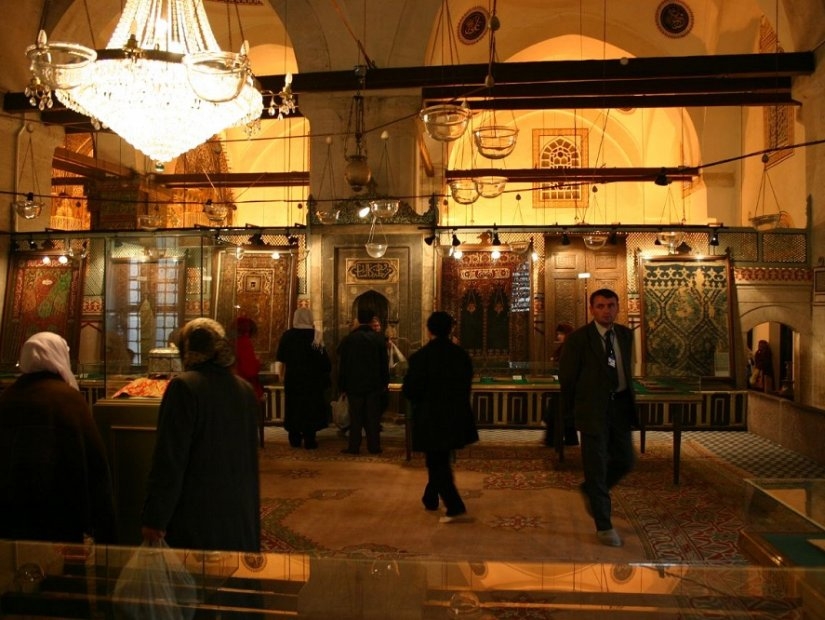Blog
Rumi and His Spiritual Legacy
Rumi and His Spiritual Legacy
Rumi and His Spiritual Legacy
Rumi was a religious scholar who became known as a symbol of peace and tolerance. Rumi was born in the year 1207 In Afghanistan, in the city of Balkh. Rumi was one of Anatolia's most famous saints. Rumi was also known to be a close companion of Shams Tabrizi, also one of Anatolia's most well-known saints. Mevlana's legacy has expanded beyond Anatolia to the rest of the world today.
Since the day he was born, Rumi had been a unique individual. He strove for peace in addition to guiding others with his knowledge and philosophy.
Rumi passed away on December 17, 1273. For ages, he has been a symbol of tolerance, peace, and love.
At the age of 4, he started to take philosophy, philology, and religion lessons from his father. They immigrated to Baghdad in 1214 and to Konya in 1218, and a madrasah (academy-style school) was built in Konya for his father Bahaeddin Veled, by the order Sultan Alaeddin Keykubat. After his father died, he started to teach at the academy.
His father began teaching him philosophy, philology, and religion when he was four years old. They moved to Baghdad in 1214 and Konya in 1218, and Sultan Alaeddin Keykubat had a madrasah (academy-style school) built in Konya for his father Bahaeddin Veled. He began teaching at the academy when his father, Bahaeddin Veled, died.
Mevlânâ mostly wrote in Persian, but he also used Turkish, Arabic, and Greek sometimes. Masnavi, which he wrote in Konya, is considered one of the best Persian poetry ever written. In Greater Iran and Persian-speaking countries, his writings are still read in the original form, in which they were written.
Rumi’s Seven Advice
1. In generosity and helping others: be like the river
2. In compassion and grace: be like the sun.
3. In concealing others’ faults: be like the night.
4. In anger and fury: be like the dead.
5. In modesty and humility: be like the soil.
6. In tolerance: be like the ocean.
7. Either you appear as you are, or: be as you appear.


